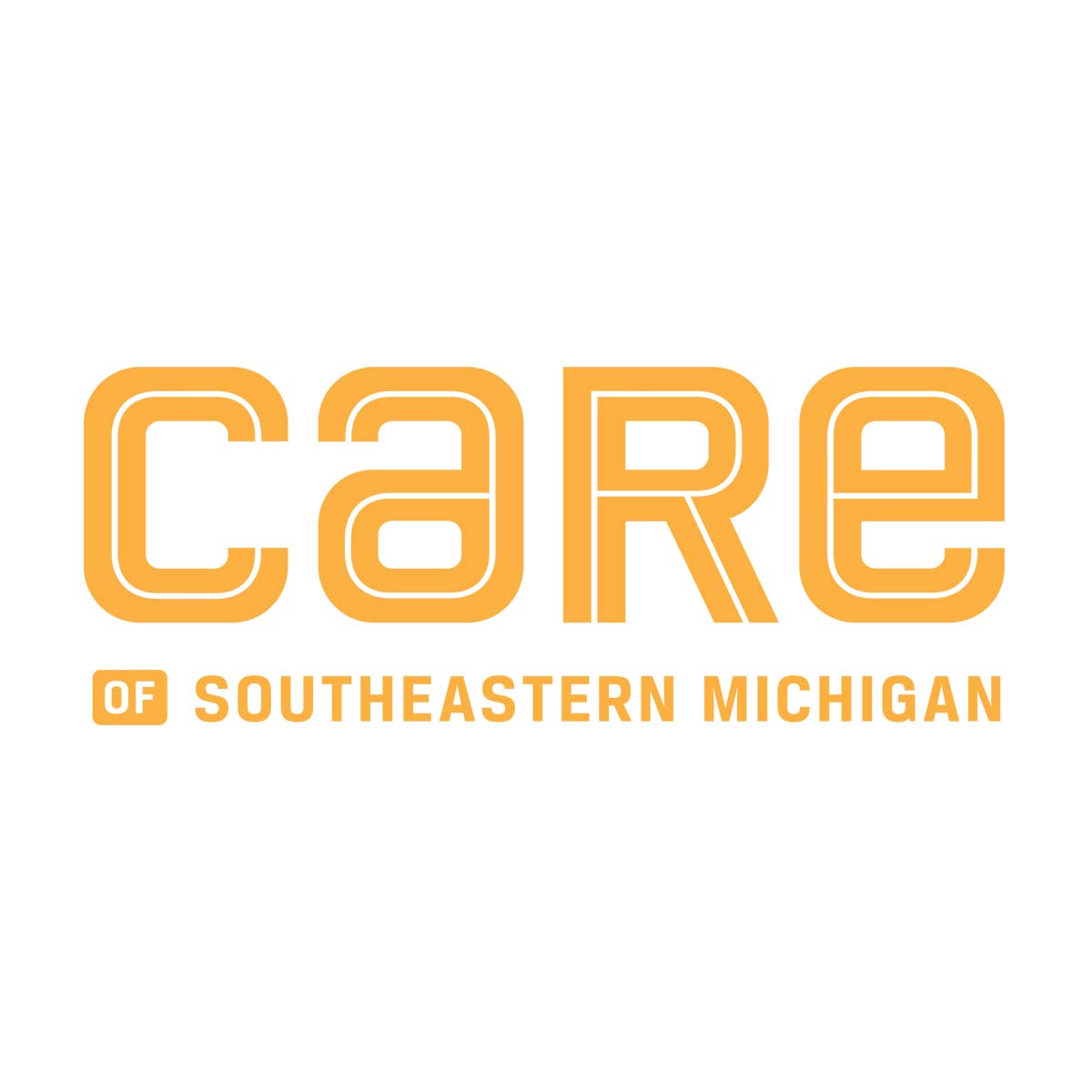
News, Prevention Services
School board, superintendent sign White paper Resolution
While the legalization of recreational marijuana approved by voters in November 2018 pleased a lot of Michigan residents, there were many in the state concerned about the effects it could have on youth.
That included the Center Line Public Schools Board of Education and district Superintendent Eve Kaltz. At the Jan. 13 CLPS Board of Education meeting, the board voted 4-0 for a resolution to support the Michigan Prevention Association White Paper on the Impact of Commercialized Marijuana on Youth and Communities.
Kaltz and board members Gary Gasowski, Shelley Harenski, Henry Newnan and Karen Pietrzyk signed the resolution. Wendy Watters and Darrell Vickers were absent. Board member Gary Shimer stepped down from the board Jan. 1. A new board member, Dan Snyder, was appointed at the Jan. 20 board meeting, after the resolution was signed.
Signing the resolution means Kaltz and the school board formally endorse its key areas of concern and also its recommendations to limit harm to the health and safety of students and communities.
According to Michigan law, recreational marijuana users must be at least 21 years of age, but that won’t necessarily stop those younger from using it or trying to use it.
“I have felt concerned about the impact of the commercialization of marijuana on kids. It’s changed the way our students look at marijuana,” Kaltz said. “Students have even said to me, ‘It’s legal now, Mrs. Kaltz.’”
The endorsement may be used in responsible advocacy efforts to promote the messages within the resolution. The endorsement is not to be used in lobbying efforts, which is a legally defined action prohibited for certain not-for-profit organizations.
According to Kaltz, there are some risks involved with smoking marijuana that might not be understood.
“The risks of being addicted is much greater,” Kaltz said. “There are higher levels of TCH. It can impair motivation, the development of critical skills and learning in students. We’ll put some of the recommendations into practice. We’ll put science-based information in newsletters, and it will go out to our health classes at the high school and the junior high.”
CARE of Southeastern Michigan is bringing the resolution to different communities to help their drug prevention coalitions get the word out on what they feel are the harmful effects of marijuana on youth.